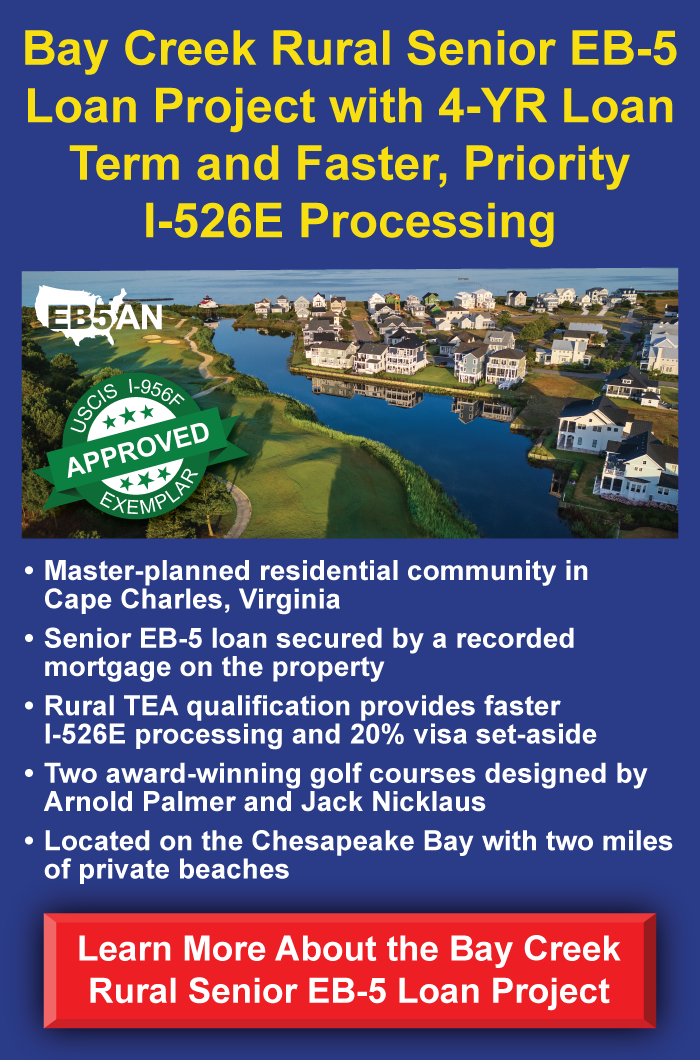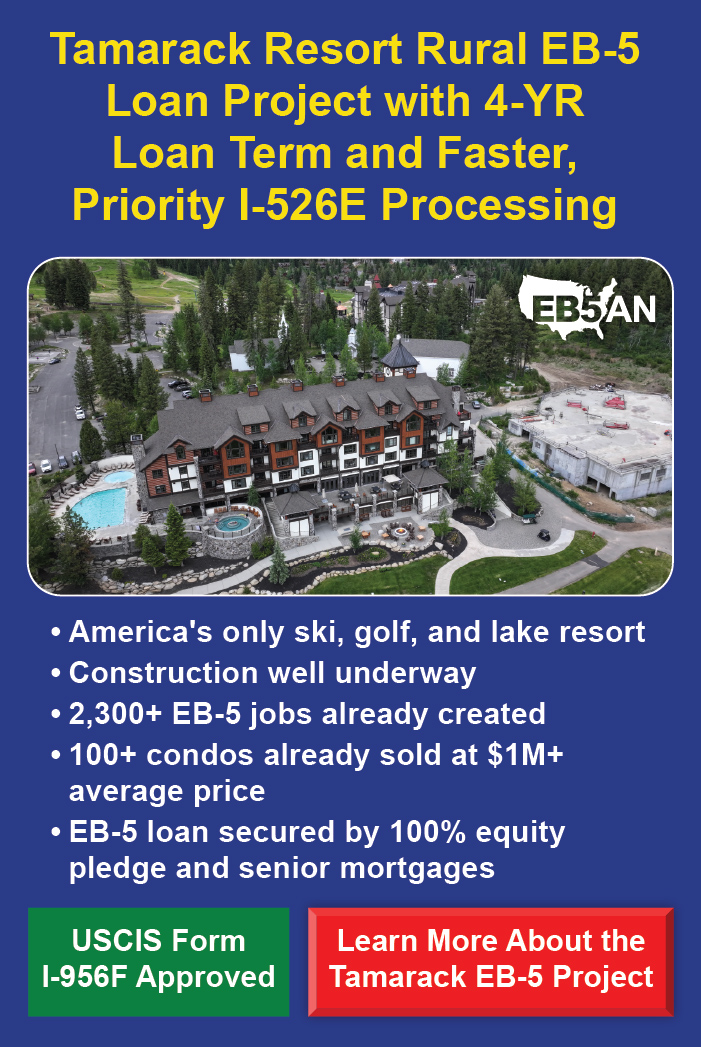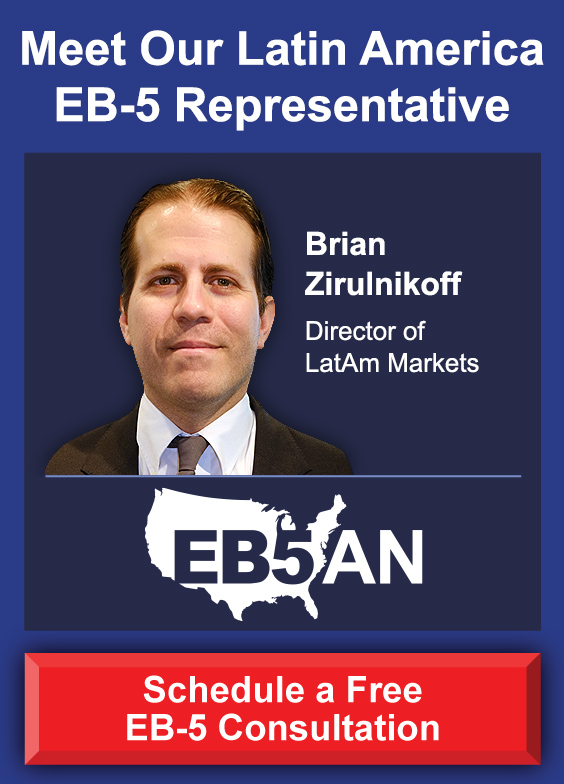EB-5 Regional Center Compliance with U.S. Securities Laws
All EB-5 regional centers and projects must comply with U.S. securities laws. These laws are intended to protect investors from unethical practices or incompetence among those who sell securities.
Defined by the United States Securities Act of 1933, securities include notes, stocks, bonds, investment contracts, and investments made through a direct participation program. Securities are regulated by the U.S. Securities and Exchange Commission (SEC), and all securities are required to be registered with the SEC.

Registering Securities
The process of registering securities is complicated, expensive, time-intensive, and requires issuers to provide investors with detailed disclosures. Due to the time involved, complying with certain regulations can be problematic for EB-5 investments, which are bound by the U.S. Citizenship and Immigration Services (USCIS) to a specific timetable. In addition to federal securities laws, EB-5 investments may be regulated at the state level, which can generate additional costs and delays.
Regulation D Exemptions
EB-5 securities offerings through EB-5 regional centers can claim exemption under Regulation D, and so they do not have to register with the SEC. EB-5 regional centers offer what is referred to as a private placement offering and provide each investor with a private placement memorandum (PPM) that contains the necessary disclosures concerning the offering.
Generally, for private offerings, investors must be accredited. To be classified as an accredited investor, an individual must have a net worth in excess of $1,000,000. Alternatively, an individual may be considered an accredited investor if his or her income for the past two years has exceeded $200,000 if single or $300,000 if married.
Regional centers will require each investor to sign a document that indicates they meet the necessary requirements to be classified as an accredited investor.
Securities Laws and EB-5 Solicitation
To be exempt under Regulation D, the regional center and sponsored project seeking EB-5 investors cannot generally advertise or solicit investments. The SEC has not, however, clearly delineated how the Regulation D prohibition on advertisement and solicitation applies directly to EB-5 offerings. Advertisements are permissible if they make no references to specific investment information.
Broker-Dealers and the EB-5 Program
According to the Securities and Exchange Act of 1934, broker-dealers are defined as individuals, companies, or other organizations who trade securities. The SEC requires broker-dealers to be accredited, both with the SEC and with the appropriate state securities regulators. When EB-5 projects negotiate with investors, or when EB-5 projects and investors are connected by third parties, the SEC may designate the entities involved as broker-dealers. Such entities may include regional centers, migration agents, advertisers, or others.
Any entity that acts as a broker-dealer without proper accreditation may face stricter regulations from the SEC or civil or criminal liability. However, any negotiation that occurs outside of U.S. jurisdiction is not subject to SEC regulation.
Importance of Securities Legal Counsel
Due to the complex nature of securities law and the integral role transactional documents play in the success of an EB-5 project, an EB-5 regional center should employ securities counsel with relevant EB-5 experience to ensure SEC compliance.











